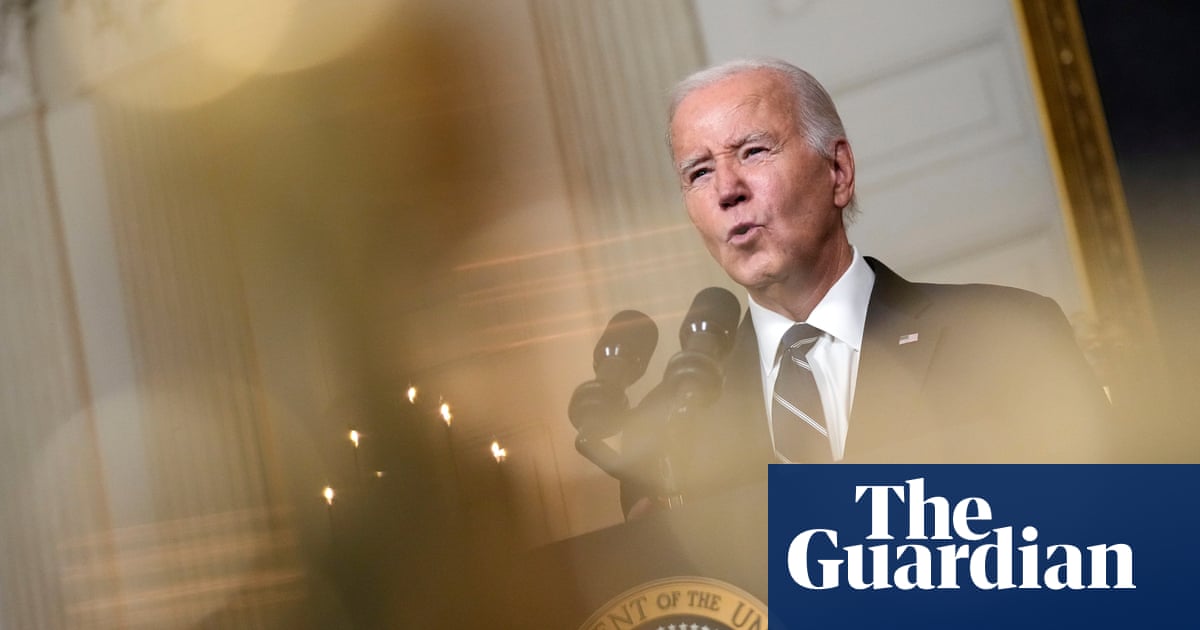
The surprise signing in December of the EU-China Comprehensive Agreement on Investment (CAI), despite the coronavirus chill in bilateral relations, was always likely to cause ratification headaches for Brussels and Beijing.
Fast forward almost seven months and that is being borne out, with growing signs that any final approval may be “kicked into the long grass.” Relations remain thorny, post-pandemic, and uncertainty is mounting over whether the Brussels-based institutions and the EU-27 will finally ink the deal.
In May, the European Parliament slammed what were then recently imposed Chinese sanctions against EU lawmakers and said that it will refuse to even consider ratifying CAI while those measures remain.
Moreover, the parliament last week approved a resolution criticizing the human rights clampdown in Hong Kong, with MEPs calling on the European Commission, the council and EU countries to decline invitations to attend the Beijing 2022 Winter Olympics unless China demonstrates a verifiable improvement in the situation on the island.
Broader bilateral tensions are rising, too, with EU foreign ministers agreeing this week to give new impetus to their recently announced “Globally Connected Europe” strategy. This is widely seen as a rival to China’s Belt and Road, and pushes for investments in projects to link Europe to the world.
CAI, which would see European and Chinese firms get better access to each market, has been discussed since 2014 by Brussels and Beijing, but suddenly developed new momentum around Christmas — a peculiar point in the diplomatic calendar for such an unscheduled breakthrough, with no official negotiating deadline to force the issue. Much of the sudden urgency at the time reflected Beijing’s desire to get the agreement “over the line” before Joe Biden’s inauguration as US president on Jan. 20, given his concerns about the deal.
With the CAI now at a pivot point, key officials in Brussels and European capitals are performing a balancing act between Biden and Beijing. The tricky tightrope that the EU-27 are standing on may well result in this issue being pushed to one side.
One plausible scenario is that ratification may not happen till 2023 given Germany’s federal election in September, plus French President Emmanuel Macron’s re-election campaign next spring. This, along with the fact that Chinese President Xi Jinping may not be in a position to compromise, either, before the National Congress of the Chinese Communist Party in autumn 2022, could mean that any ratification may have to wait.
Even if a quicker breakthrough happens, there is unlikely to be a significant warming in ties in the near term following the chilliness of recent months. While the new investment deal could do much to improve the atmospherics in diplomacy between Brussels and Beijing, it is significantly less likely to promote a fundamental positive reset in relations for many reasons.
First, there are so many issues clouding the bilateral agenda, in the short term at least. These include the opaque way that Beijing is perceived by Europe to have handled the coronavirus outbreak in early 2020, the new Chinese security law in Hong Kong, and growing pressure on continental European leaders to reject Huawei technology in their 5G networks.
Moreover, Brussels also has become increasingly concerned in recent years about whether China’s external interventions in Europe represent a “divide and rule” strategy to undermine the continent’s collective interests. In this context, several western European countries, in particular, are thinking carefully about their future ties with Beijing.
Brussels also has become increasingly concerned in recent years about whether China’s external interventions in Europe represent a "divide and rule" strategy to undermine the continent’s collective interests.
Andrew Hammond
Rather than seeing a fundamental reset in relations, the most likely outcome of any ratification of the investment deal would be to inject new impetus into Europe’s constructive engagement approach with China. This will see differences, diplomatically, called out while emphasising areas of common interest, including the importance of an open financial and multilateral trading system, and tackling climate change.
Brussels asserts that the new deal will help progress toward the goal of an open, transparent financial and multilateral trading system. The two sides are also likely to place growing emphasis on global warming, long an area of fruitful bilateral dialogue, in 2021 and beyond.
The EU and China share a vision of a prosperous, energy-secure future in a stable climate. Indeed, their 2015 bilateral climate change declaration was one of the key drivers of the Paris deal, and this may be replicated ahead of COP26 in Glasgow, underlining that both powers still recognize that they have much to gain from their partnership despite post-pandemic tensions.
Andrew Hammond is an Associate at LSE IDEAS at the London School of Economics.
Disclaimer: Views expressed by writers in this section are their own and do not necessarily reflect Arab News" point-of-view












